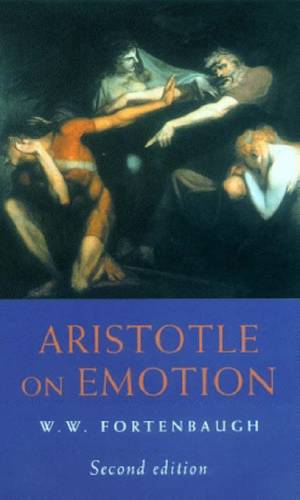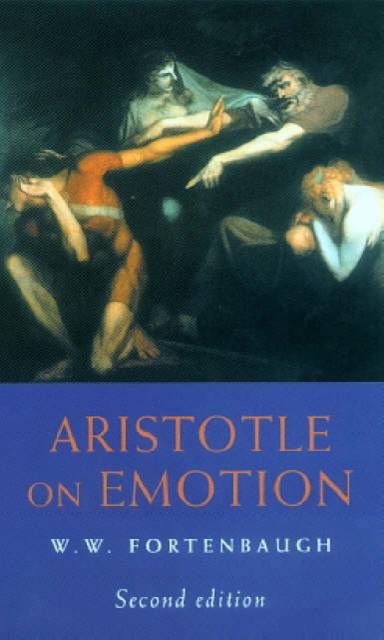
- Afhalen na 1 uur in een winkel met voorraad
- Gratis thuislevering in België vanaf € 30
- Ruim aanbod met 7 miljoen producten
- Afhalen na 1 uur in een winkel met voorraad
- Gratis thuislevering in België vanaf € 30
- Ruim aanbod met 7 miljoen producten
Zoeken
€ 59,45
+ 118 punten
Omschrijving
When Aristotle on Emotion was first published it showed how discussion within Plato's Academy led to a better understanding of emotional response, and how that understanding influenced Aristotle's work in rhetoric, poetics, politics and ethics. The subject has been much discussed since then: there are numerous articles, anthologies and large portions of books on emotion and related topics. In a new epilogue to this second edition, W.W. Fortenbaugh takes account of points raised by other scholars and clarifies some of his earlier thoughts, focusing on the central issue: how Aristotle conceived of emotional response. Among other matters, he considers laughter, emotion in relation to belief and appearance, the effect of emotion on judgement, and the involvement of pain and pleasure in emotional response.
Specificaties
Betrokkenen
- Auteur(s):
- Uitgeverij:
Inhoud
- Aantal bladzijden:
- 128
- Taal:
- Engels
Eigenschappen
- Productcode (EAN):
- 9780715631676
- Verschijningsdatum:
- 14/11/2002
- Uitvoering:
- Paperback
- Formaat:
- Trade paperback (VS)
- Afmetingen:
- 135 mm x 220 mm
- Gewicht:
- 195 g

Alleen bij Standaard Boekhandel
+ 118 punten op je klantenkaart van Standaard Boekhandel
Beoordelingen
We publiceren alleen reviews die voldoen aan de voorwaarden voor reviews. Bekijk onze voorwaarden voor reviews.








